The Foreign Office minister James Cleverly has defended the UK government’s delay in implementing quarantine hotels, as reports claimed ministers were racing to reserve thousands of hotel rooms near airports in time for the beginning of the scheme on 15 February.
Ministers expect almost 1,500 UK residents a day to return from 33 “red list” countries, which include most of South America, southern Africa, UAE and Portugal, where new variants of coronavirus are circulating. Non-UK travellers from these areas are barred from entry to the UK, meaning the quarantine plan will apply only to UK passport holders.
Officials were booking rooms in hotels around key airports such as Heathrow, Gatwick, London City, Birmingham, Bristol, Manchester, Edinburgh, Glasgow and Aberdeen, according to BBC News. Reports claimed that up to 28,000 hotel rooms were being sought for the plan.
Arrivals will have to quarantine – at their own cost – in government-approved hotel quarantine facilities for 10 days, with security officials accompanying them if they go outside. They will face compulsory payments of £80 a day.
Labour has accused the government of putting people’s lives at risk by not acting sooner.
Cleverly defended the delay on Friday, telling Sky News the hotel industry needed to be given notice of the plans.
UK coronavirus cases
“We’ve been working with international partners who put a similar package in place – New Zealand, Australia, for example – to see how that works,” Cleverly said. “It’s very easy for you to say, oh, all you have to do is … but hindsight is a wonderful thing.”
The Telegraph reports that sources have confirmed the government will pay an estimated £55m bill for the rooms upfront, then attempt to recoup the cost from arrivals. Hotels will be asked to provide three meals a day for quarantined travellers, as well as tea, coffee, fruit and water, and to launder up to seven items.
Sites will be overseen by government-appointed security guards who will patrol inside and outside the hotel to “prevent unauthorised access”. Any person in quarantine who wants to go outside will have to be escorted by security.
A proposal was reportedly sent to hotels at about 5pm on Thursday, according to the Telegraph. The paper said it had seen documents showing officials estimated 1,425 passengers would need to be accommodated each day, mostly near Heathrow.
Cleverly also appeared to confirm that the government is considering a system of “vaccine passports” that could allow holidaymakers to prove they have been inoculated.
Asked about the plan, first reported in the Times, Cleverly said: “The decisions that individual countries make about their own incoming arrangements are up to them … It is often the case that the entry requirements for countries [include] vaccines and inoculations – that is not an uncommon practice. We will work with international partners to help facilitate their border arrangements and immigration requirements.”
The prime minister’s official spokesperson had previously denied the government was pursuing such a plan.
The announcement of a start date follows days of apparent confusion within Whitehall over how the scheme would be implemented.
When it first was announced on 27 January, the home secretary, Priti Patel, said further details would be set out later that week. Then, at a No 10 press conference on Wednesday, Boris Johnson said the health secretary, Matt Hancock, would be making an announcement the next day, only to be corrected by Downing Street, which said no statement was planned.
A Department of Health and Social Care spokesperson said it had been in discussions with representatives of the aviation, maritime, hotel and hospitality industries, as well as counterparts in Australia and New Zealand.
“We are now working at pace to secure the facilities we need to roll out managed quarantine for British nationals returning home from the most high-risk countries,” the spokesperson said.
“In the face of new variants, it is important that the government continues to take the necessary steps to protect people and save lives.”



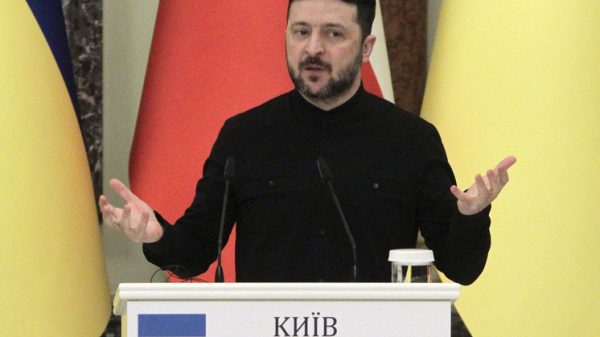
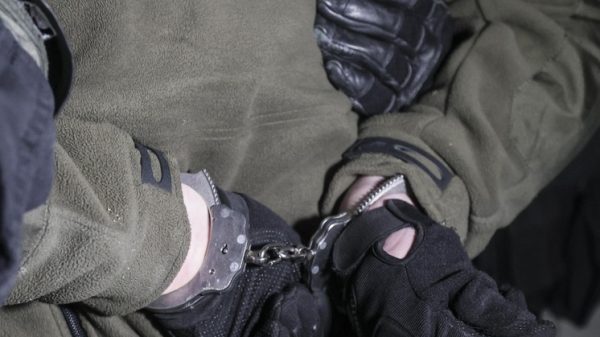
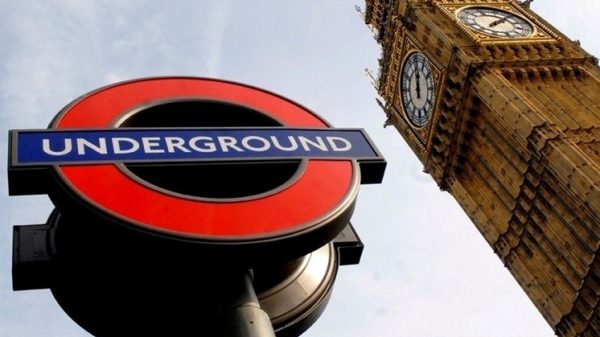


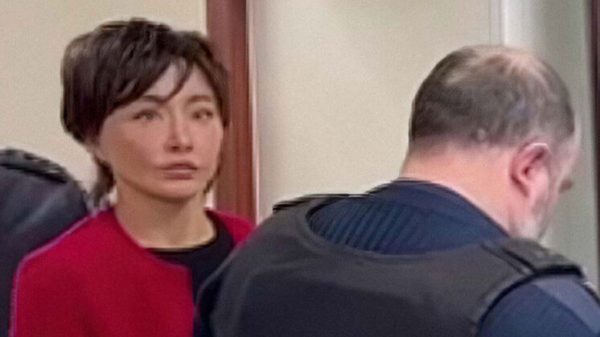


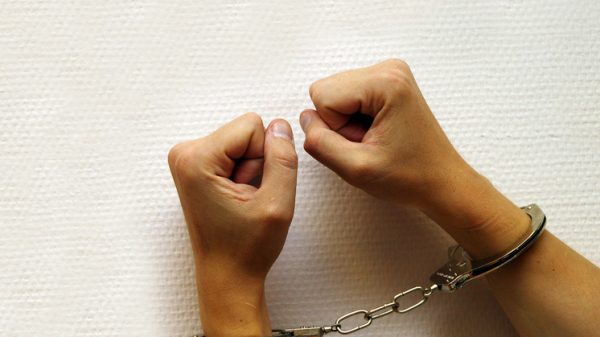
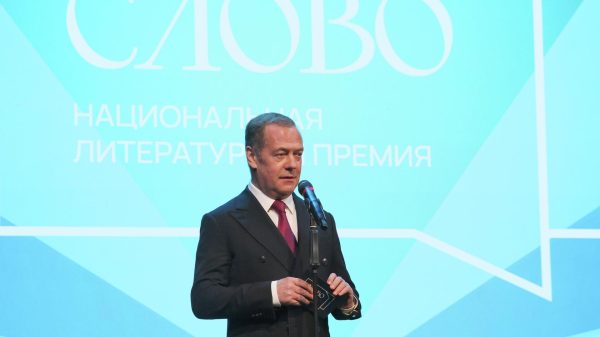
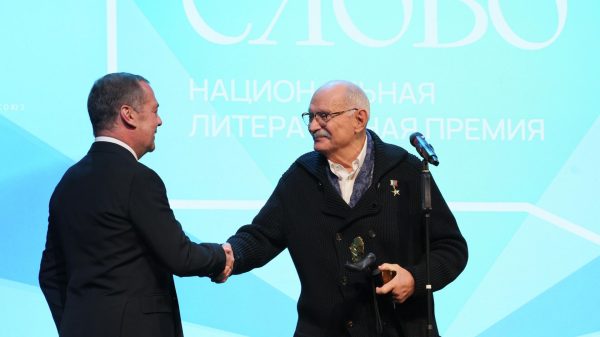
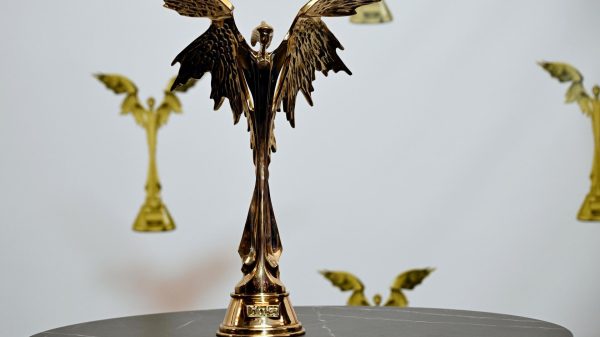
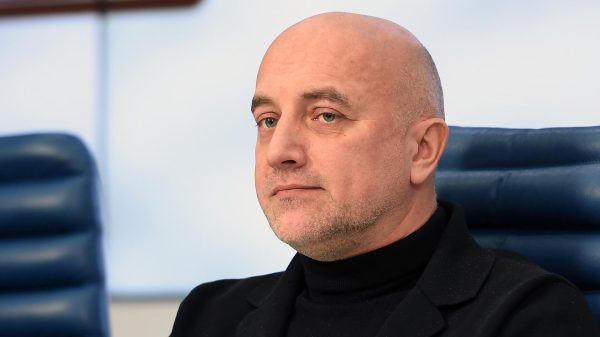













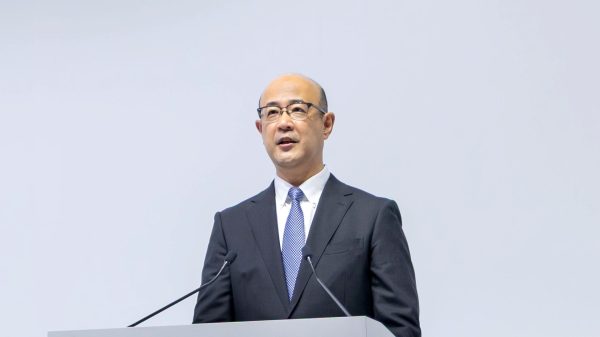



























Свежие комментарии